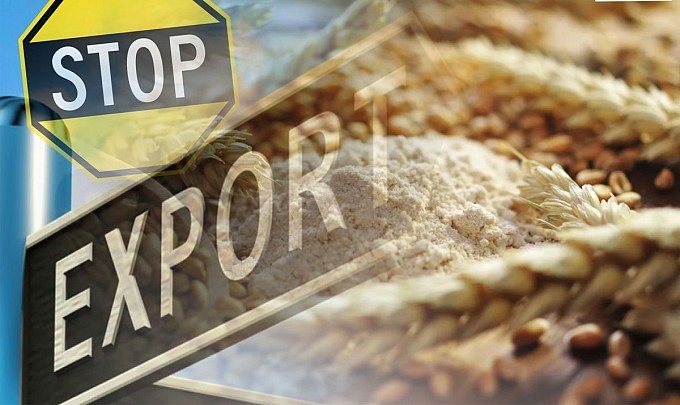
A year after the official announcement of the Government of Russia on the establishment of export quotas and duties on the export of grain, it is possible to sum up the first results of the effectiveness of the Russian experience in controlling prices for the main products of the food basket, the cost of which ultimately depends on grain prices.
According to preliminary data from the Federal State Statistics Service of the Russian Federation, total inflation for 2021 amounted to 8.39% against 4.9% in 2020. Food products in December 2021 rose in price by 1.36%, and in general for 2021 - by 10.62%, which is 1.6 times more than in 2020 (6.69%). According to Russian experts, the measures taken to limit the export of grain and vegetable oils did not lead to the expected reduction in food inflation, but at the same time significantly affected the incomes of grain producers.
For comparison, in Kazakhstan, according to the Bureau of National Statistics, inflation was 0.7% in November 2021 (0.9% in November 2020). Annual inflation was at the level of 8.7% (in 2020 - 7.5%). Prices for food products in annual terms increased by 10.9%. At the same time, in Kazakhstan, measures to regulate grain exports were taken as a result of a constructive dialogue between state bodies and industry unions, taking into account the importance of preventing a decrease in the income of grain producers.
Thus, the refusal of the Kazakhstani Government from strict export control measures (the introduction of a ban and duties) made it possible, on the one hand, to keep the uncontrolled growth of food inflation, and, on the other hand, not to prevent grain producers and processors from receiving a decent income.